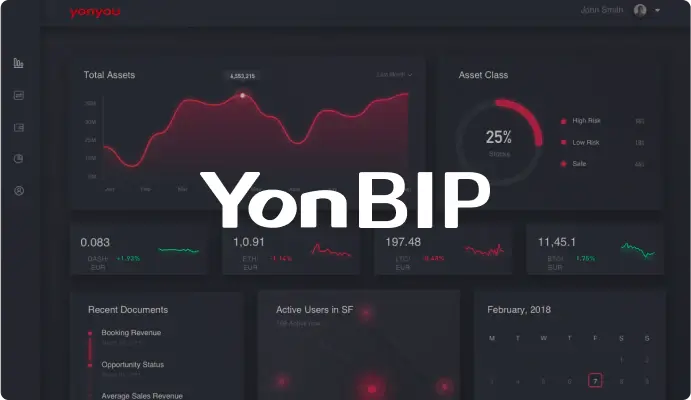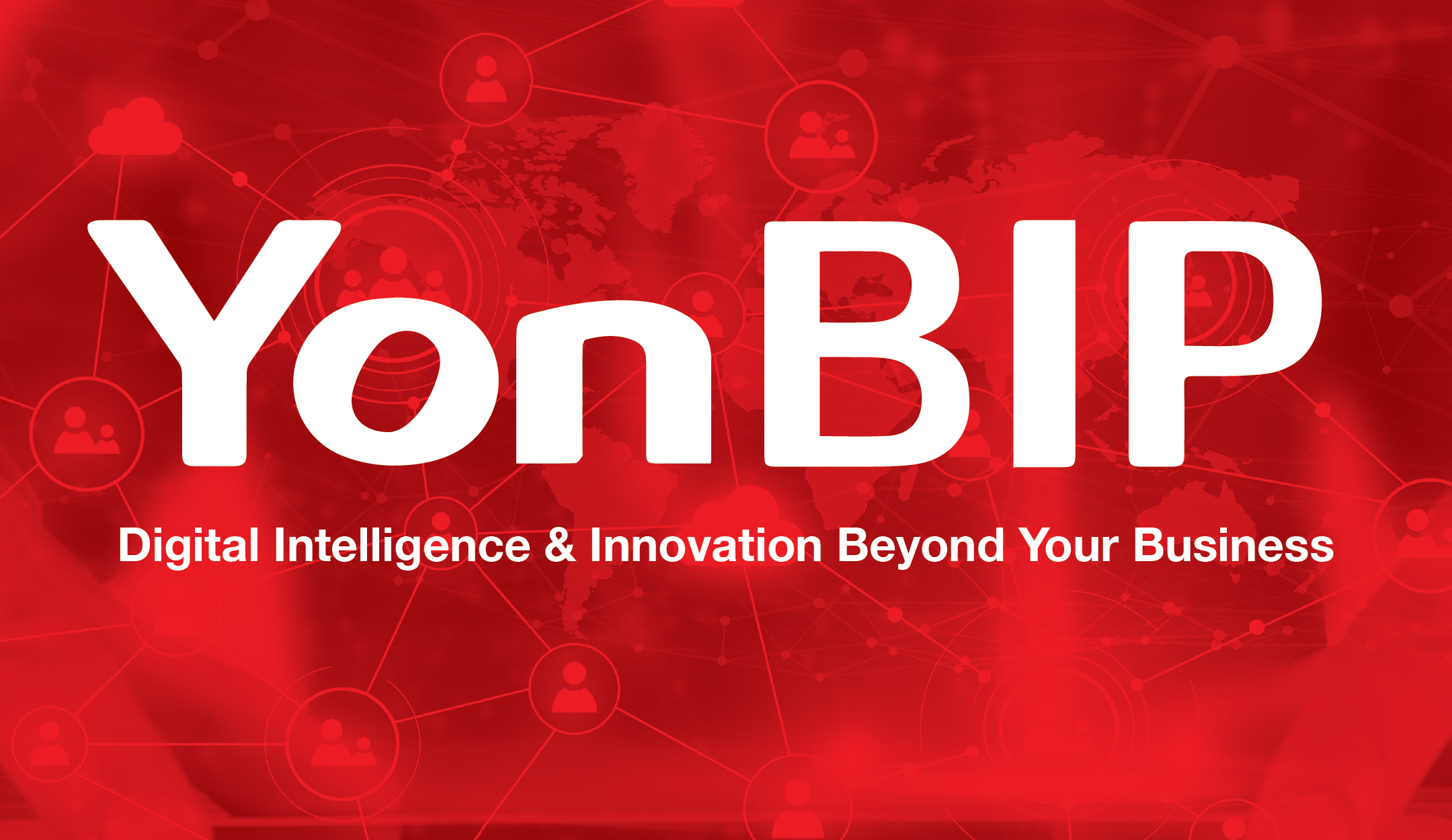Are rising operational costs giving your business a hard time? Or is the constant pressure to match up to your customers’ value expectations taking a toll? These are typical challenges many businesses encounter, and without a strategic solution to address them, they could damper your growth and profitability.
In a business environment marked by constant changes, swift technological advancements, and an acute need for operational efficiency, what you need is a tried, tested, and proven solution – Lean management.
What is Lean Management?
Lean management is an approach that seeks to eliminate any form of waste in a process, improving efficiency and increasing value to the customer. Originally conceived in the manufacturing industry – as lean manufacturing – this method has found its way into various sectors, proving its versatility and effectiveness.
Whether your organisation operates in healthcare, IT, retail, or any other sector, you can customise and incorporate lean management principles to align with your unique business model.
The Core Principles of Lean Management
Lean management operates under five essential principles:
- Value: It’s crucial to understand what your customer perceives as valuable. If it doesn’t add value, it’s considered waste.
- Value Stream: This involves assessing all activities required to deliver a product or service. By scrutinising each step in the stream, unnecessary processes can be removed to enhance efficiency.
- Flow: Establishing a smooth flow of work enables swift movement of products or services through the value stream, reducing the waiting time and waste.
- Pull: This principle aims at creating products based on the actual demand, not forecasts. This way, overproduction is avoided, conserving resources.
- Perfection: Lean management is a journey of continuous improvement. It strives for perfection in a cyclical process of reducing waste and increasing value.
The Benefits of Lean Management
Lean management goes beyond theory, providing real-world advantages that significantly enhance a company’s overall performance. Here’s a closer look at these benefits:
1. Amping up productivity and efficiency
Lean management zeroes in on removing non-essential processes, which often drain resources without adding value to the end product or service. Trimming these processes shifts the focus towards activities that genuinely enhance value. As a result, companies may achieve a higher output while utilising fewer resources. This increased efficiency and productivity allow businesses to maximise their operational potential, resulting in better performance and profitability.
2. Cutting down on waste and costs
At the heart of lean management is a dedication to the reduction of waste in all its forms, be it in terms of time, materials, or effort. By identifying and eliminating wasteful practices, companies can significantly bring down their operational costs. This approach doesn’t just save money – it also leads to a leaner, more streamlined operation that’s better equipped to adapt to changes and meet customer demands.
3. Boosting customer satisfaction
Lean management isn’t solely focused on internal processes – it also prioritises customers. The ultimate goal is to provide what the customer considers valuable. By putting customer value at the forefront, lean management enables companies to deliver products or services that meet or even exceed customer expectations. This customer-centric approach fosters greater customer satisfaction, translating into long-term customer loyalty and an improved brand reputation.
4. Elevating employee morale and engagement
When a business adopts lean management, it can also result in a significant decrease in employees’ workloads. This is because it helps in eliminating unnecessary tasks that take up a considerable amount of an employee’s time but do not contribute much to the final product’s value. By removing such tasks, employees can concentrate their efforts and attention on more essential tasks. As compared to traditional management, this shift in focus can lead to more efficient use of their skills and capabilities.
By ensuring that employees are consistently engaged in meaningful work, lean management can foster a sense of achievement and pride among the workforce.
Implementing Lean Management with a Manufacturing ERP System
Yet, understanding lean management is one thing; actual implementation is another. Essential tools, such as a manufacturing Enterprise Resource Planning (ERP) system, can significantly facilitate the process. Such a system assists in better planning, tracking, and control of all aspects of manufacturing, aligning with the principles of lean management.
Yonyou’s cloud-based ERP system for manufacturing embodies this blend of lean principles and modern technology. It is a comprehensive tool that seamlessly integrates productivity planning, progress management, and site management to streamline operations and support lean management principles.
For example, the system is packed with advanced features like Master Production Schedule (MPS)/ Material Requirements Plan (MRP) planning, Bill of Materials (BOM) and routing management, and multi-factory scheduling. These tools not only enable accurate demand forecasting but also help identify potential bottlenecks in production.
Yonyou’s system also provides a real-time window into production status, which allows for an in-depth comparison between planned and actual progress. It takes accountability and transparency a notch higher by meticulously tracking key operational metrics like production orders, inventory, work orders, and costs. The end goal is a boost in operational efficiency, mirroring the objectives of lean management.
Lean towards Success
Overall, lean management is a game-changing approach that turns waste into value, fostering efficiency, and improving customer satisfaction. Implementing this strategy might seem challenging, but the transition can be much smoother with the right tools, such as Yonyou’s cloud-based ERP system for manufacturing.
If you’re interested in understanding the capabilities of our manufacturing ERP system and other software solutions, don’t hesitate to contact our team for further details.




